 Welcome
Welcome
“May all be happy, may all be healed, may all be at peace and may no one ever suffer."
Exercise headaches

Exercise headaches, also known as exertional headaches, are a type of headache that occurs during or after physical activity. These headaches are typically characterized by a throbbing pain that starts during or shortly after exercise and can last for several hours.
The exact cause of exercise headaches is not known, but it is believed to be related to the expansion of blood vessels in the head during physical activity, which can cause pressure on the surrounding tissues.
Risk factors for exercise headaches may include dehydration, heat, high altitude, or intense physical exertion. People who have a history of migraines or tension headaches may also be more susceptible to exercise headaches.
Treatment for exercise headaches may include resting, hydration, and over-the-counter pain relievers such as aspirin or ibuprofen. In some cases, prescription medications may be needed to help manage the symptoms.
Preventing exercise headaches may involve warming up and cooling down properly before and after physical activity, staying hydrated, avoiding intense exercise in hot or high-altitude environments, and maintaining a healthy lifestyle. In some cases, it may be necessary to modify the type or intensity of exercise to prevent exercise headaches.
If a person experiences a severe or sudden headache during or after exercise, they should seek medical attention to rule out any underlying conditions or serious health problems.
Research Papers
Disease Signs and Symptoms
- Headaches
- Nausea or vomiting
- Loss of consciousness (fainting)
- Double vision (diplopia)
Disease Causes
Exercise headaches
Primary exercise headaches
The exact cause of primary exercise headaches is unknown. One theory is that strenuous exercise dilates blood vessels inside the skull.
Secondary exercise headaches
Secondary exercise headaches are caused by an underlying problem, such as:
- Bleeding in the area between the brain and the thin membranes that cover the brain (subarachnoid hemorrhage)
- Abnormalities in a blood vessel leading to or within the brain
- Cancerous or noncancerous tumors
- Obstruction of cerebrospinal fluid flow
- Sinus infection
- Structural abnormalities in the head, neck or spine
Disease Prevents
Exercise headaches
Exercise headaches tend to occur more often when the weather is hot and humid, or if you're exercising at high altitudes. If you're prone to exercise headaches, you may want to avoid exercising in these conditions.
Some people experience exercise headaches only during the performance of certain activities, so they may prevent their headaches by avoiding these activities. A warm-up prior to strenuous exercise also can help prevent exercise headaches.
Disease Treatments
If no underlying structural or vascular problem is causing your exercise headaches, your doctor may recommend medications to take regularly to help prevent the headaches.
- Indomethacin (Indocin, Tivorbex), an anti-inflammatory drug, is commonly prescribed.
- Propranolol (Inderal, Innopran XL), a blood pressure medication, also is used to prevent exercise headaches.
Other therapies, including naproxen (Naprosyn), phenelzine (Nardil) and ergonovine, have been reported to be effective in some people.
If your exercise headaches are predictable, you may be able to take a medication an hour or two before a scheduled event, such as a tennis match or a hike at high altitude. If your exercise headaches are frequent or unpredictable, you might need to take the preventive medicine every day.
Disease Diagnoses
Disease Allopathic Generics
-
Paracetamol
A popular common treatment for headaches is a medication with paracetamol or aspirin.
First 2 and then 1 3 times a day.
-
Vitamin B complex
To eliminate weakness. 1 pill 2 times a day after meals.
-
Naproxen Sodium
Naproxen is a medicine that can be used to bite into the head for scalp pain.
Young age 250mg or adults 500mg 2 times a day after meals for 5/7 days.
-
Ranitidine Hydrochloride
Medicines containing ranitidine for stomach gas. 1 pill 2 times a day after meals.
Disease Ayurvedic Generics
Disease Homeopathic Generics
Disease yoga
Exercise headaches and Learn More about Diseases

Suspicious breast lumps
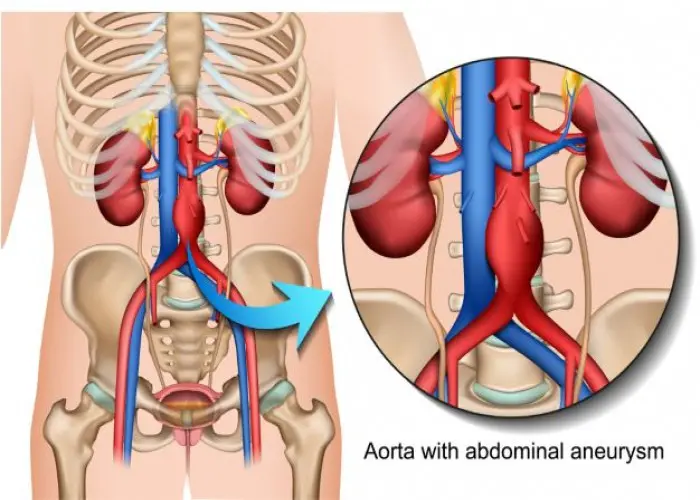
Abdominal aortic aneurysm
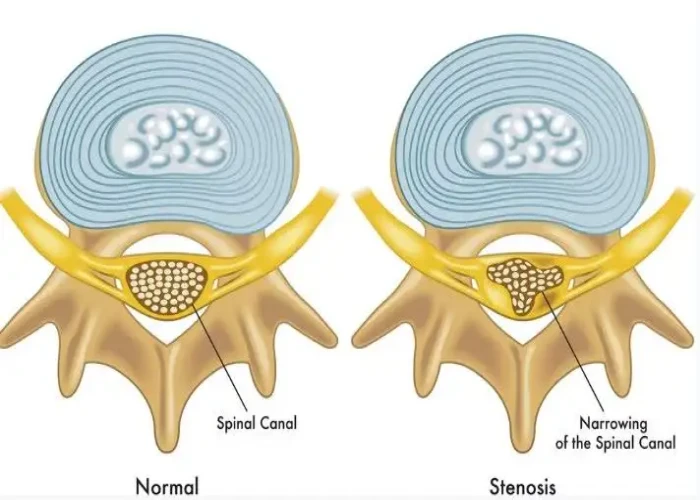
Spinal stenosis

Atrial fibrillation
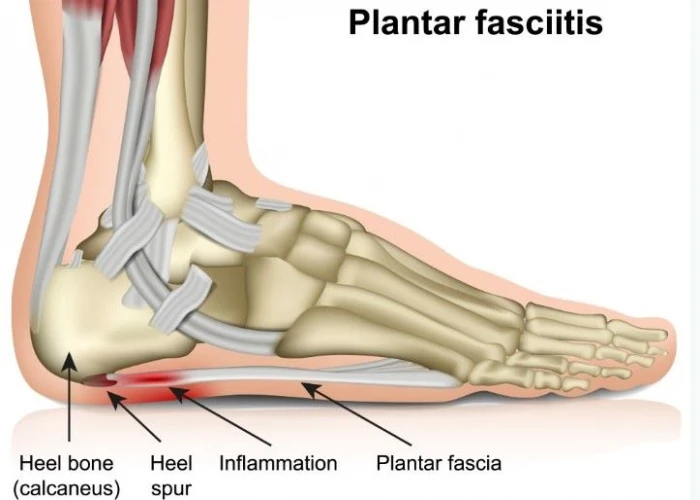
Plantar fasciitis
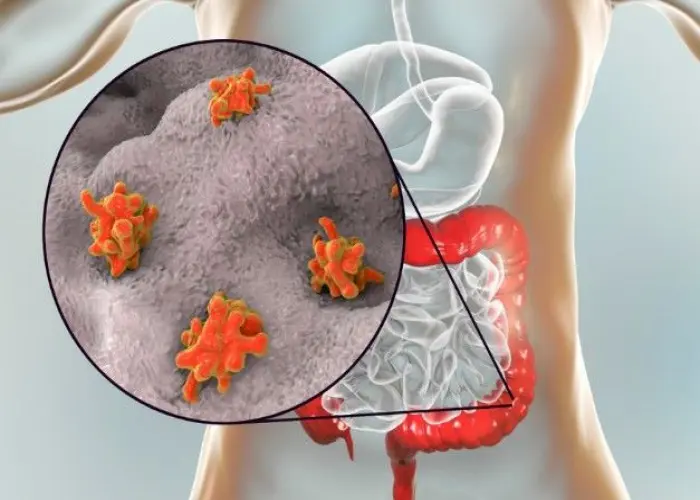
Amoebic Dysentry

Laryngitis
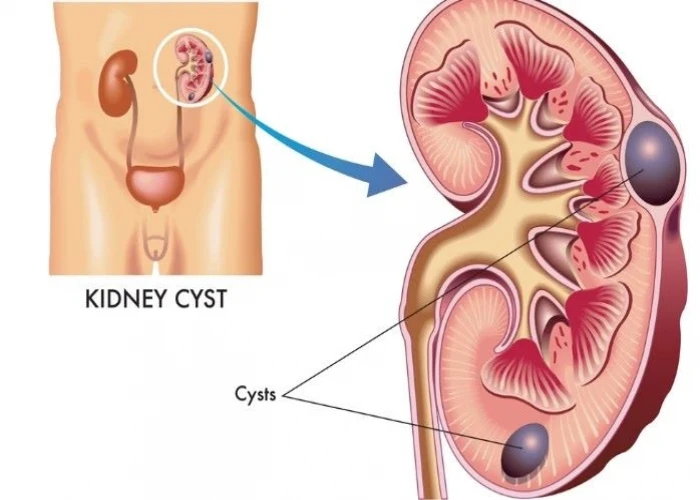
Kidney cysts
exercise headaches, ব্যায়ামের পর মাথা ব্যথা
To be happy, beautiful, healthy, wealthy, hale and long-lived stay with DM3S.
